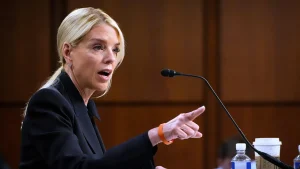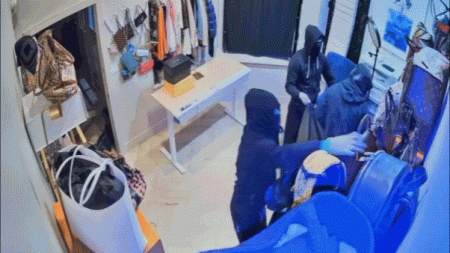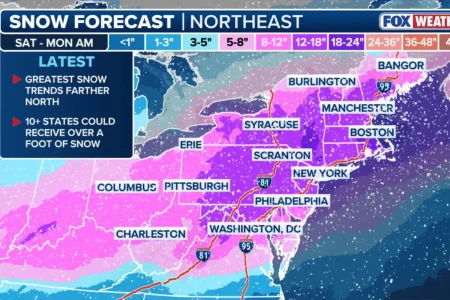New EU Sanctions Target Russia’s Energy Profits and Global Business Operations
The European Union has recently unveiled a new package of sanctions targeting Russia, marking the latest effort in an ongoing campaign to curtail Moscow’s ability to finance its military operations in Ukraine. This most recent round of restrictions focuses specifically on undermining Russia’s lucrative energy sector while simultaneously creating obstacles for Russian businesses attempting to operate on the global stage.
At the heart of these new measures is a concerted attempt to reduce Russia’s oil and gas revenue, which continues to be a primary funding source for its military activities. The EU has implemented stricter regulations on Russian energy exports, including enhanced monitoring of price caps and closing loopholes that had previously allowed Russian petroleum products to circumvent existing restrictions. These refined measures reflect the EU’s evolving understanding of how Russia has adapted to previous sanctions, with European officials acknowledging that their approach must continually evolve to remain effective against Moscow’s evasion tactics.
Beyond the energy sector, the new sanctions package also targets Russia’s international business operations more broadly. European officials have expanded restrictions on dual-use technologies that could have military applications, while also imposing new limitations on Russian access to European financial systems. Additionally, the package includes measures to restrict Russian companies’ ability to utilize third-country intermediaries to bypass sanctions, reflecting the EU’s growing awareness of how Russia has established complex networks to continue international commerce despite Western restrictions. These measures represent an attempt to isolate Russia economically and limit its ability to maintain normal business relations with the global community.
The EU’s approach demonstrates an understanding that effective sanctions require not just broad prohibitions but also detailed attention to enforcement mechanisms. The new package includes enhanced provisions for monitoring compliance and investigating potential violations, with increased resources allocated to tracking suspicious financial flows and identifying shell companies that might be facilitating sanctions evasion. European officials have emphasized that these measures will work in coordination with similar efforts by other Western allies, including the United States and United Kingdom, creating a more comprehensive international response to Russia’s actions in Ukraine.
While European officials express confidence in the cumulative impact of these measures, economic analysts offer more nuanced assessments of their potential effectiveness. Many experts note that Russia has demonstrated surprising resilience in the face of previous sanctions, having reoriented much of its energy exports toward markets in Asia and developed alternative financial channels. Nevertheless, these new restrictions are expected to incrementally increase economic pressure on Moscow, potentially limiting Russia’s ability to sustain its military operations at current levels over the long term. The EU’s strategy appears focused on this gradual erosion of Russia’s economic capabilities rather than seeking an immediate dramatic impact.
As with previous rounds of sanctions, these new measures reflect the complex balancing act European leaders face—attempting to pressure Russia while minimizing adverse effects on their own economies. The EU has carefully calibrated the restrictions to target Russia’s strategic interests while providing exemptions and transition periods where necessary to protect European businesses and consumers. This measured approach reflects the political realities within the EU, where member states continue to have varying levels of economic interdependence with Russia and different thresholds for accepting economic disruption in pursuit of geopolitical objectives. Despite these challenges, the new sanctions package demonstrates the EU’s continued commitment to using economic measures as a central component of its response to Russia’s actions in Ukraine.










